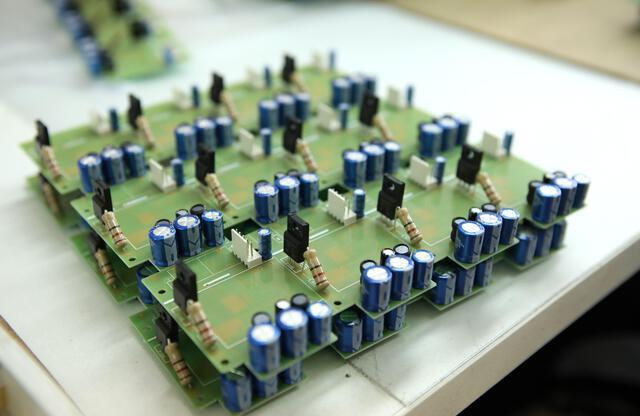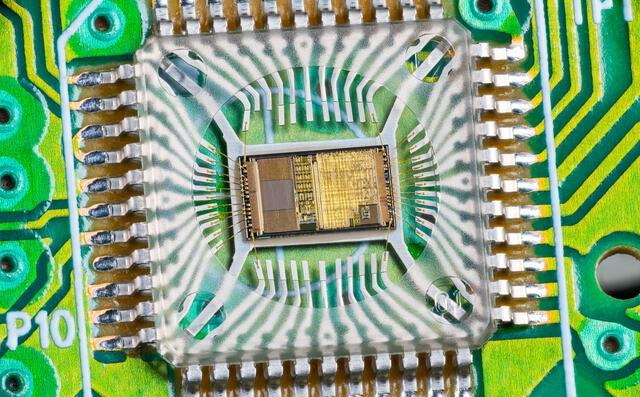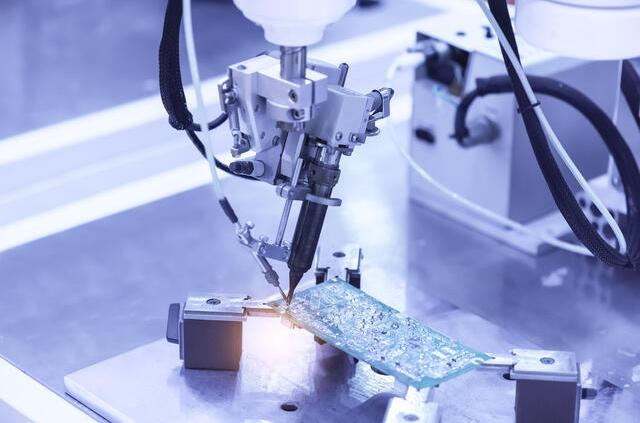Content Menu
● Introduction to SMT PCB Carriers
>> Key Factors Influencing SMT PCB Carrier Prices
● SMT PCB Carrier Price Estimates
● Strategies for Cost Optimization
● Advanced Manufacturing Techniques and Their Impact
● Quality Control and Its Influence on Pricing
● Environmental and Regulatory Considerations
● Conclusion
● Frequently Asked Questions
>> 1. What is the typical cost range for basic SMT PCB carriers?
>> 2. How does design complexity affect the price of SMT PCB carriers?
>> 3. What role does production volume play in determining SMT PCB carrier prices?
>> 4. How do different materials influence the cost of SMT PCB carriers?
>> 5. Can outsourcing manufacturing to regions with lower labor costs reduce SMT PCB carrier prices?
The price of SMT PCB carriers is influenced by a variety of factors, including design complexity, material selection, production volume, and equipment costs. Understanding these factors is crucial for manufacturers and buyers to accurately estimate and manage costs in the production of Surface Mount Technology (SMT) printed circuit boards (PCBs). In this article, we will delve into the key elements that affect the pricing of SMT PCB carriers and explore strategies for cost optimization.

Introduction to SMT PCB Carriers
SMT PCB carriers are essential components in the SMT assembly process, serving as the platforms on which PCBs are transported and processed through various stages of assembly. These carriers can be customized to fit specific PCB sizes and shapes, ensuring efficient handling and minimizing damage during production. The cost of these carriers can vary significantly based on several factors.
Key Factors Influencing SMT PCB Carrier Prices
1. Design Complexity: The design of an SMT PCB carrier can significantly impact its price. Complex designs that accommodate irregularly shaped PCBs or require specialized features may necessitate more advanced manufacturing techniques, increasing costs. For instance, carriers designed for high-density PCBs with fine-pitch components may require precision engineering to ensure accurate component placement.
2. Material Selection: The choice of material for the carrier also affects its cost. Durable materials like stainless steel or aluminum are more expensive than lighter options but offer better durability and resistance to wear and tear. The selection of materials should balance cost with performance requirements. Additionally, materials with high thermal conductivity may be preferred for certain applications, further influencing cost.
3. Production Volume: Economies of scale play a crucial role in determining the price of SMT PCB carriers. Larger production volumes can reduce the cost per unit due to lower setup costs and more efficient manufacturing processes. This makes bulk orders more cost-effective for large-scale manufacturing operations.
4. Equipment Costs: The machinery used to manufacture SMT PCB carriers can vary in cost. Advanced CNC machines or specialized fabrication equipment may increase production costs but provide higher precision and faster turnaround times. The choice of equipment should align with the required production volume and quality standards.
5. Supplier and Location: The cost of SMT PCB carriers can also be influenced by the supplier's location and reputation. Suppliers in regions with lower labor costs may offer more competitive pricing, but factors like quality control and lead times should also be considered. Building a relationship with reliable suppliers can lead to better pricing terms over time.
SMT PCB Carrier Price Estimates
Estimating the price of SMT PCB carriers involves considering the aforementioned factors. Here are some general price ranges for different types of carriers:
- Basic SMT PCB Carriers: These are typically used for standard PCB sizes and designs. Prices can range from $500 to $1,500 per unit, depending on the material and production volume.
- Customized SMT PCB Carriers: For specialized designs or high-density PCBs, prices can increase to $2,000 to $5,000 or more per unit. This is due to the need for precision engineering and potentially more expensive materials.
- High-Volume Production: For large-scale manufacturing, the cost per unit can decrease significantly. Economies of scale allow for more efficient production, potentially reducing costs by 20% to 50% compared to small batch orders.

Strategies for Cost Optimization
To optimize costs when purchasing SMT PCB carriers, consider the following strategies:
1. Optimize Design for Manufacturability: Simplifying the design can reduce production costs by minimizing the need for specialized features or materials. This involves working closely with designers to ensure that PCB layouts are compatible with standard carrier designs.
2. Select Cost-Effective Materials: While durability is important, choosing materials that balance cost with performance can help manage expenses. For example, using aluminum instead of stainless steel for non-critical applications can reduce costs without compromising functionality.
3. Consolidate Orders: Combining orders with other components or services can reduce shipping and handling costs. This strategy is particularly effective for companies that regularly purchase multiple types of equipment or supplies.
4. Negotiate with Suppliers: Building a relationship with suppliers can lead to better pricing terms, especially for large or repeat orders. Negotiations may involve discussing discounts for bulk purchases or long-term contracts.
5. Consider Outsourcing: For companies without in-house manufacturing capabilities, outsourcing to regions with lower labor costs can be cost-effective. However, it's essential to ensure that outsourced products meet quality standards and regulatory requirements.
Advanced Manufacturing Techniques and Their Impact
Recent advancements in manufacturing technology have introduced new possibilities for cost reduction and efficiency improvement in SMT PCB carrier production. Techniques such as 3D printing and laser cutting allow for rapid prototyping and production of complex designs, potentially reducing the need for expensive tooling and setup costs. However, these technologies may require significant upfront investment in equipment and training, which should be factored into cost estimates.
Quality Control and Its Influence on Pricing
Quality control is a critical aspect of SMT PCB carrier production. Ensuring that carriers meet precise specifications is essential for preventing defects and maintaining production efficiency. High-quality carriers may command a premium price due to the rigorous testing and inspection processes involved. However, investing in quality can lead to long-term cost savings by reducing waste and minimizing the need for rework.
Environmental and Regulatory Considerations
Environmental and regulatory factors can also impact the pricing of SMT PCB carriers. Compliance with environmental regulations, such as those related to material sourcing and waste disposal, may add costs to production. Additionally, carriers designed for use in specific industries (e.g., aerospace or medical devices) may require compliance with stringent regulatory standards, further influencing pricing.
Conclusion
The price of SMT PCB carriers is influenced by a combination of design complexity, material selection, production volume, equipment costs, and supplier factors. By understanding these elements and implementing cost optimization strategies, manufacturers can better manage their expenses and improve efficiency in the SMT assembly process. As technology continues to evolve, exploring new manufacturing techniques and maintaining a focus on quality and regulatory compliance will remain essential for cost-effective production.

Frequently Asked Questions
1. What is the typical cost range for basic SMT PCB carriers?
The cost for basic SMT PCB carriers generally ranges from $500 to $1,500 per unit, depending on the material and production volume.
2. How does design complexity affect the price of SMT PCB carriers?
Design complexity impacts the price by requiring more advanced manufacturing techniques and potentially more expensive materials. Complex designs that accommodate irregular shapes or high-density components can increase costs significantly.
3. What role does production volume play in determining SMT PCB carrier prices?
Larger production volumes can reduce the cost per unit due to lower setup costs and more efficient manufacturing processes, allowing for economies of scale.
4. How do different materials influence the cost of SMT PCB carriers?
Materials like stainless steel or aluminum are more durable but also more expensive than lighter options. The choice of material should balance cost with performance requirements.
5. Can outsourcing manufacturing to regions with lower labor costs reduce SMT PCB carrier prices?
Yes, outsourcing to regions with lower labor costs can be cost-effective, especially for companies without in-house manufacturing capabilities. However, factors like quality control and lead times should also be considered.




















